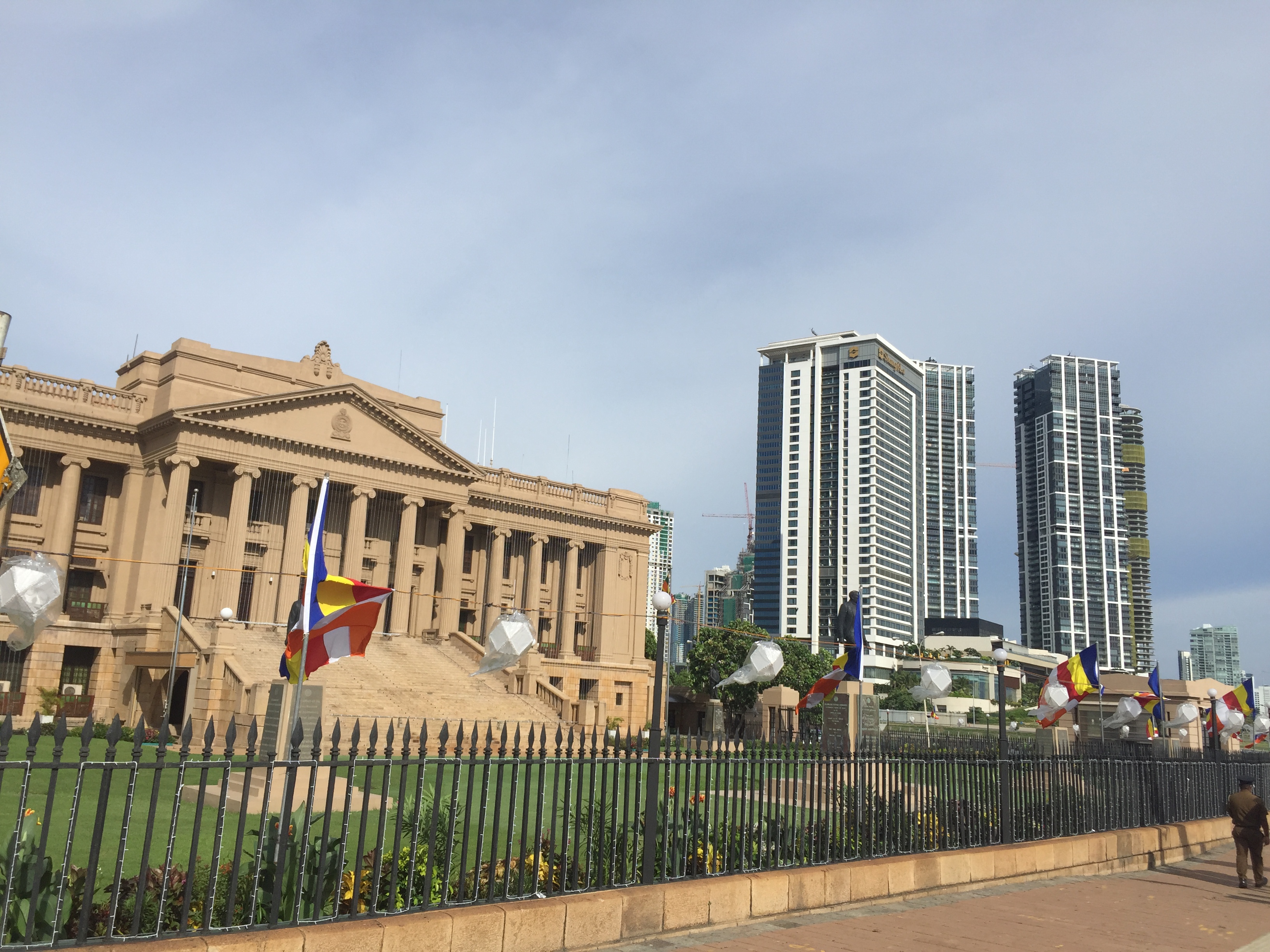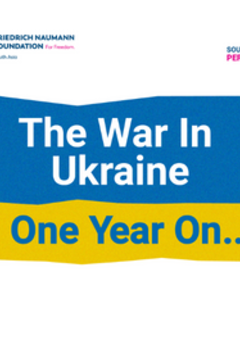The War in Ukraine: Sri Lanka
Impact of war in Ukraine on Sri Lanka

A picture of the old parliament of Sri Lanka situated in the heart of the capital city.
© Thushari Pahalage via Wikimedia Commons (CC BY-SA 4.0)The article analyses the war in Ukraine from a Sri Lankan perspective and assesses its impact on different sectors in Sri Lanka, including its economy, society, trade and economic relations with the embattled nations. Since the war began in Ukraine in February 2022, it has triggered a cascade of global issues. The ripple effects of the war in Ukraine are widespread, and it threatens many sectors of the world's economy, leading to high inflation and market instabilities. As a developing country, Sri Lanka is vulnerable to disruption in supply chains, high food inflation and other socio-economic catastrophes triggered by the situation. In addition to exploring the future consequences of the Ukraine conflict on Sri Lanka, this article makes recommendations to mitigate its adverse effects.
While countries anticipated effects of the global pandemic on their economies, the war in Ukraine transformed into a crisis multiplier. Sri Lanka, distant to the current conflict zone, was caught up in an economic death spiral (owing to a debt crisis and dwindling foreign exchange reserves) that the war in Ukraine has worsened. The fallout of the conflict is felt acutely in Sri Lanka's tourism industry, trade and energy sector. Russia and Ukraine are significant Sri Lankan trade partners, accounting for 2% and 2.2% of its imports and exports in 2020, respectively. Both warring nations are also vital import sources of wheat, semi-finished iron, asbestos and food items (like sunflower oil and soybeans) and export destinations for Sri Lanka’s black tea.
With its energy and economic sectors hit the hardest and being dependant on the warring nations for wheat and energy, Sri Lanka needs to push for new alternatives. This will open new market opportunities for countries like India while increasing Sri Lanka’s dependence on Indian food supply. Volatility in energy and food supply will continue to propel inflation in Sri Lanka, and the country will need to diversify its export destinations and import sources. Since Sri Lanka leans heavily on external energy sources, high oil prices and limited supply will worsen its current economic crisis. Prolonging of the conflict will retard its overall economic growth, and this will threaten many sectors including trade, investment, industry, tourism and employment. As prices of essential commodities reach new heights, Sri Lankans' purchasing power will contract further, to the detriment of the country's food security and welfare system. Currently apparent to Sri Lanka, these social issues are unconfined to Ukraine and will eventually have ramifications that will unfold upon other countries, giving them cause to prevent future conflicts.
Read the full paper here:
-

The article analyses the war in Ukraine from a Sri Lankan perspective and assesses its impact on different sectors in Sri Lanka, including its economy, society, trade and economic relations with the embattled nations.
